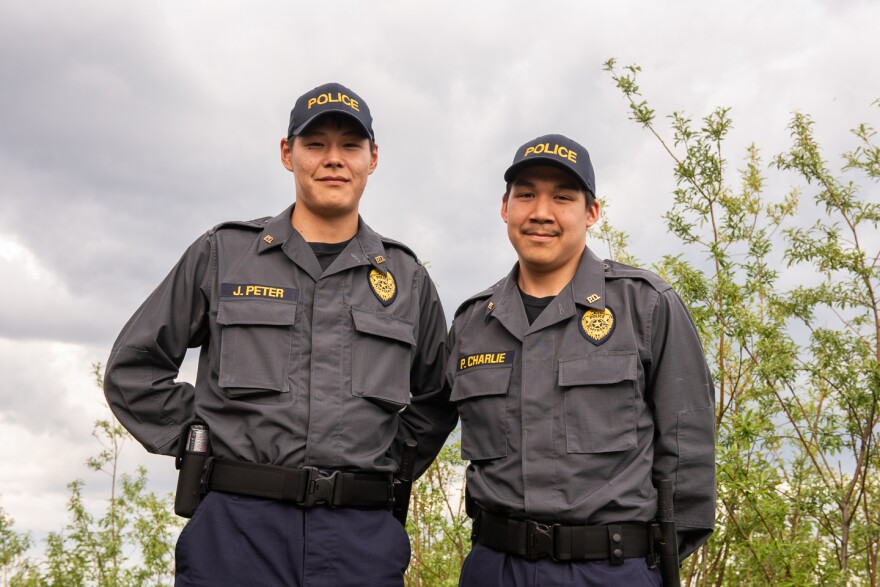A public safety bill is working its way through the Alaska House of Representatives. The bill’s authors say that its aim is to improve the Village Public Safety Officer program in rural Alaska. On Mar. 10, the proposed bill moved out of the House Committee on Tribal Affairs. This brings it one step closer to becoming law. Community leaders from across the Y-K Delta called into the committee this week to voice support for the bill.
Brandon Aguchak is the tribal administrator for Scammon Bay. He has felt the loss of their only VPSO deeply.
“We haven’t have a VPSO since 2017, resulting in higher and more significant rates of drug and alcohol abuse,” said Aguchak.
Scammon Bay is not the only community that’s lost a VPSO over the last decade. In the Y-K Delta alone, only about 14% of communities have either an Alaska State Trooper or VPSO post. Many Y-K Delta residents say that lack of public safety leaves their communities vulnerable to crime.
Napakiak resident Daniel Nelson says it’s more peaceful in town when there’s a VPSO.
“When we used to have a VPSO program, the village is very controlled. Everybody is very respecting and the village is very quiet,” said Nelson.
Proponents of the bill say that it could fill in a much needed public safety gap in rural Alaska. They say that it could improve the VPSO program in three main ways. First, it could increase officer retention. Second, it would seek to hire more qualified candidates by increasing the stringency of the background checks and psychological evaluations. Third, it would give the nonprofits and municipalities that employ VPSOs more freedom to station the officers as they see fit. For example, the communities could have roving officers who move from village to village, or place more than one officer in a community.
The House committee invited two leaders from the Y-K Delta to explain how the bill could help rural Alaska. Vivian Korthuis is CEO of the Association of Village Council Presidents. The Tribal non-profit runs the VPSO program in the Y-K Delta. She said that the bill was desperately needed.
“One of the greatest public safety needs in rural Alaska is local law enforcement,” said Korthuis.
Eileen Arnold also spoke in support of the bill. She’s the executive director of the Tundra Women’s Coalition, a women’s shelter in Bethel. Arnold said that VPSOs are an important tool in addressing sexual violence in the region. She said that in villages without VPSOs, it can be difficult to go through the proper steps needed to prove a rape after it has occured, like securing a crime scene and evidence. Arnold also said that, depending on the case, sometimes local VPSOs make people feel safer than Alaska State Troopers.
She cited one instance where a woman in a village was told she could be escorted by a trooper to remove her from her domestic violence situation and bring her to the Bethel shelter. Arnold said the woman turned down the trooper escort, saying that it would have escalated the situation. As a result, the woman was not able to leave her domestic violence situation. Arnold suggested that she would have felt safer with the option of a VPSO.
“Sometimes it's best to just be able to have a local law enforcement do something sort of common everyday, like just escort a person to an airstrip,” said Arnold.
She said that if the officer is a locally known person, they would be less likely to cause alarm or retaliation in the abuser.
The House bill must first be heard in the House Finance Committee before it can be moved back onto the House floor for a final vote. There's also a mirror bill working its way through the Senate. It will be heard in Senate Finance on Thursday, Mar. 17 at 9:00 a.m.






